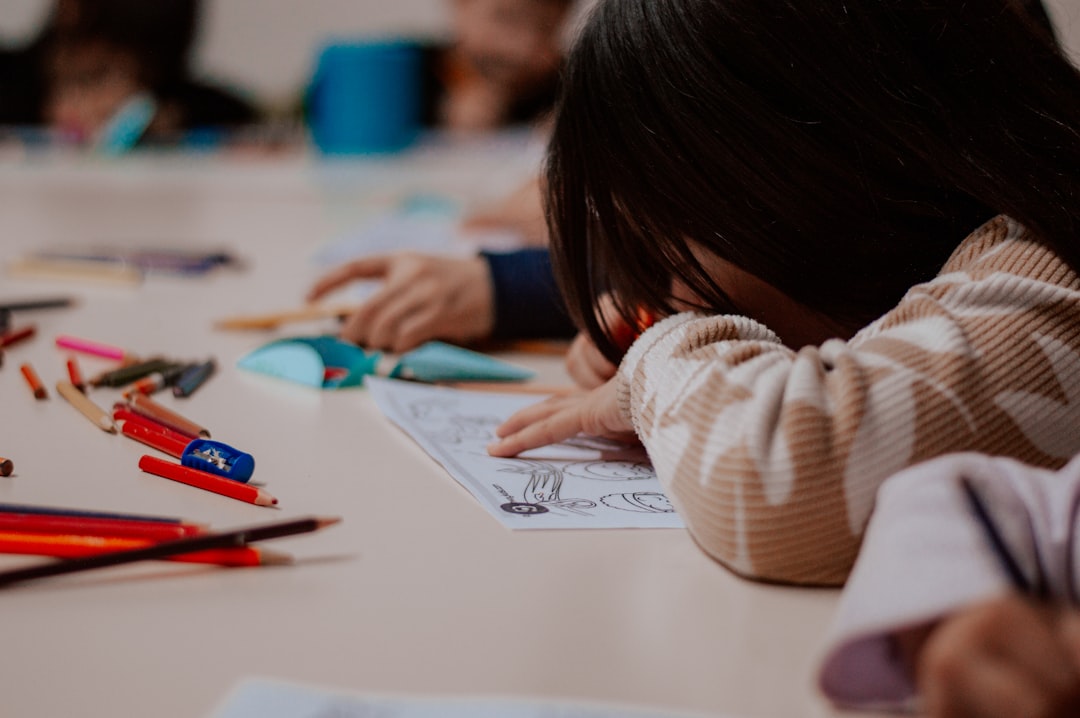In an ever-evolving educational landscape, the importance of a dynamic, inclusive, and forward-thinking curriculum cannot be overstated. As we prepare our children for a world vastly different from today, it is essential to equip them with not only the knowledge but also the critical thinking skills and creativity needed to thrive. This article delves into the transformative approaches to school curricula that promise to shape well-rounded, adaptive, and innovative thinkers.
The Integration of Technology in Learning
The digital age has ushered in a new era of educational tools and methodologies. Integrating technology in the curriculum isn’t just about using computers or tablets in classrooms, but about enhancing the learning experience through virtual reality (VR), augmented reality (AR), and AI-driven programs. These technologies offer immersive and interactive environments that make learning more engaging and accessible. Moreover, they help in personalizing the learning experience, catering to the individual strengths and weaknesses of each child.
Emphasizing Emotional and Social Learning
Education today transcends academic excellence to include emotional and social learning (SEL). SEL is crucial as it equips children with the skills to manage emotions, set positive goals, show empathy for others, establish positive relationships, and make responsible decisions. By integrating SEL into the curriculum, schools foster environments that promote collaboration and communication, crucial skills in both personal and professional spheres.
Project-Based Learning: A Hands-On Approach
Moving away from traditional rote learning, project-based learning (PBL) emphasizes active exploration and practical application of knowledge. This approach encourages students to engage in projects that require critical thinking, problem-solving, and decision-making. PBL not only makes learning more engaging but also ensures that students can apply their knowledge in real-world scenarios, thus preparing them for future challenges.
Inclusion of Global Perspectives
In our interconnected world, understanding diverse cultures and global issues is more important than ever. Curricula that incorporate global perspectives foster open-mindedness and respect for diversity among students. This can be achieved through the inclusion of international literature, foreign languages, and exchange programs that allow direct interaction with different cultures. Such exposure helps children appreciate global interdependencies and build a sense of global citizenship.
Environmental Education as a Core Component
With pressing global issues such as climate change, it’s imperative to embed environmental education into the school curriculum. This not only informs students about the challenges but also empowers them with the means to make a difference. Environmental education can be integrated through science classes, eco-friendly school projects, and sustainability practices within the school premises. Educating children on these fronts encourages a lifelong commitment to environmental stewardship.
In conclusion, the school curriculum is not just a tool for academic instruction but a foundational framework that shapes the future of our children. By adopting these innovative approaches, educators can create a curriculum that is not only relevant to the demands of the modern world but also sensitive to the holistic development of each child. The goal is clear—to nurture young minds that are not only well-informed but also empathetic, resilient, and ready to lead.






